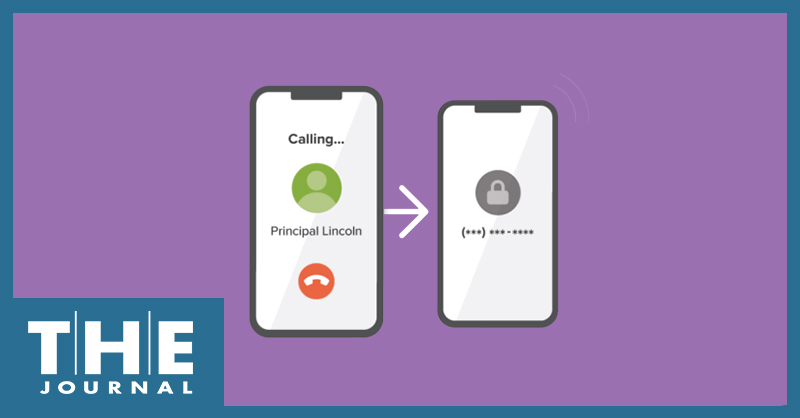
School-home communications provider ParentSquare has unveiled a new Virtual Phone feature to its platform that documents and records voice communications between educators and families just as it does with other types of exchanges, according to a news release.
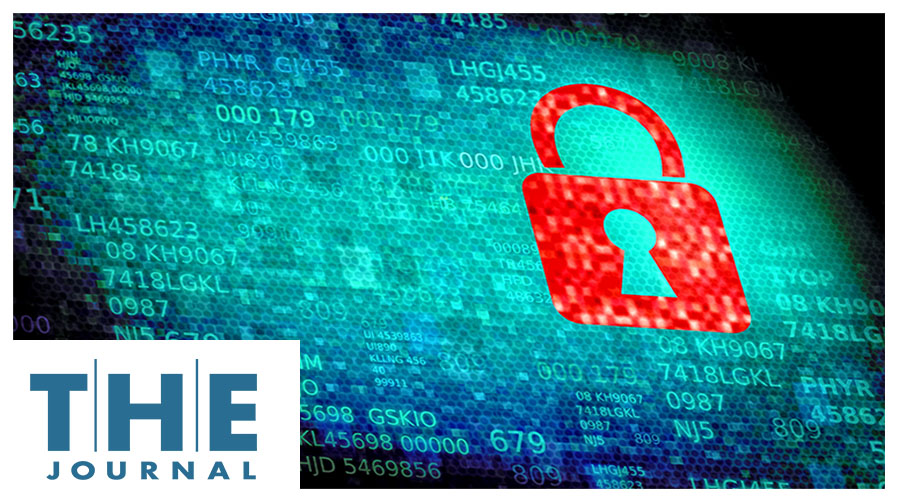
A new bill filed in both houses of Congress Wednesday by U.S. Rep. Doris Matsui (D-CA), Rep. Zach Nunn (R-IA), Sen. Marsha Blackburn (R-TN), and Sen. Mark Warner (D-VA) would direct CISA to create a cybersecurity information exchange for K–12 schools, a voluntary incident registry, and a “Cybersecurity Technology Improvement Program” funded at $10 million per year for the next two years.
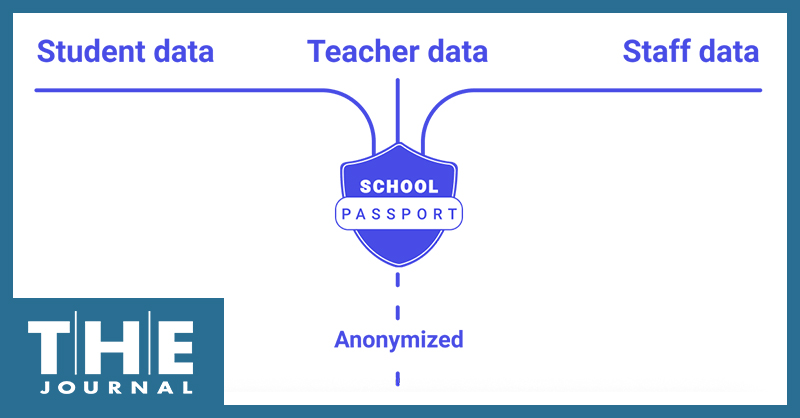
Global Grid for Learning has unveiled its newest school data exchange solution designed to give schools better data analytics and control over data privacy while eliminating the need for vendors using the standards to access and share students’ protected private information, by using patented anonymization and API technology.
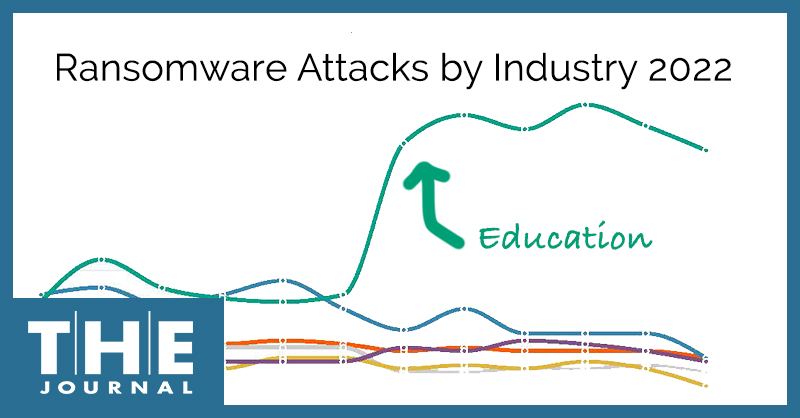
Ransomware attacks targeting K–12 schools worldwide last year grew at an “absolutely massive” rate of 827% over 2021, according to SonicWall’s 2023 Cyber Threat Report, and the data shows that education customers — those whose data is compromised during ransomware attacks — had the highest percentage reporting ransomware attempts of all sectors studied.
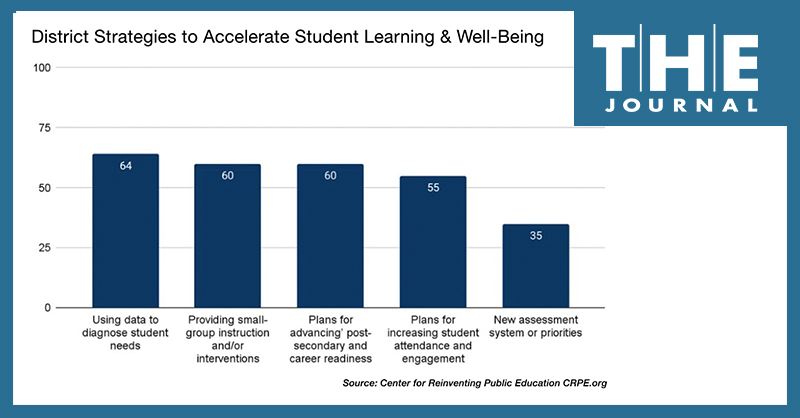
The pace of K-12 school districts' spending of ESSER Funds has picked up significantly this school year, and education leaders and researchers have shared tips and guides to help district leaders efficiently evaluate — or re-evaluate — their options when making procurement decisions, to ensure students benefit and stakeholders don't come to see spending decisions as failures.
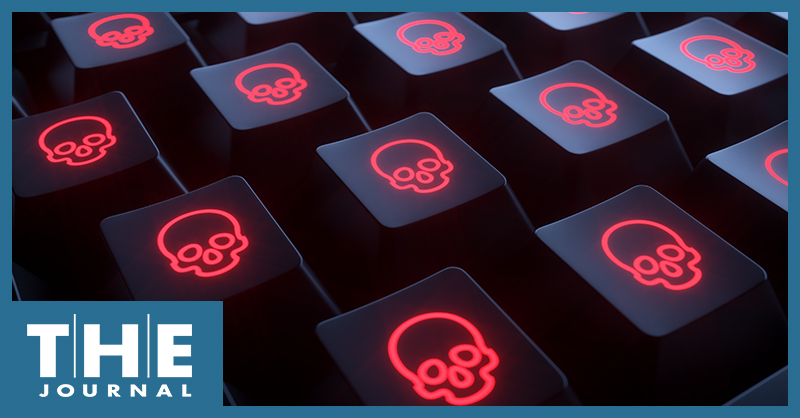
In the past week, CISA has published alerts on seven known exploited vulnerabilities — two of which put a long list of Apple devices at risk — ordering federal agencies to remediate the identified vulnerabilities immediately and encouraging all organizations to do the same.
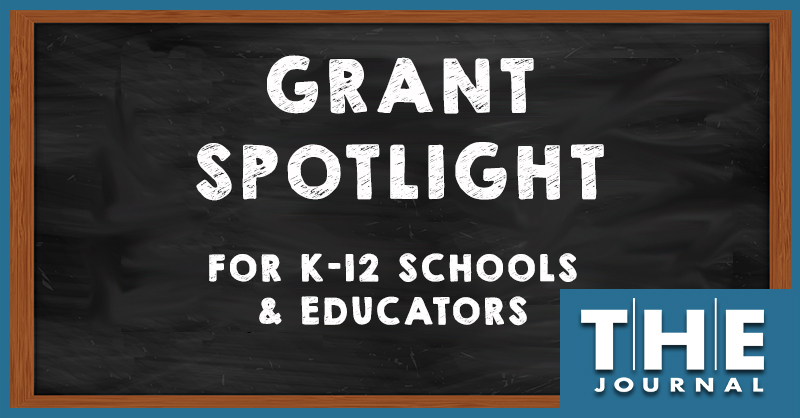
Applications are now being accepted for the U.S. Department of Education’s Magnet Schools Assistance Program, which provides funding to eligible local education agencies to establish and operate magnet schools, with special curricula, to attract a diverse group of students and desegregate public schools.
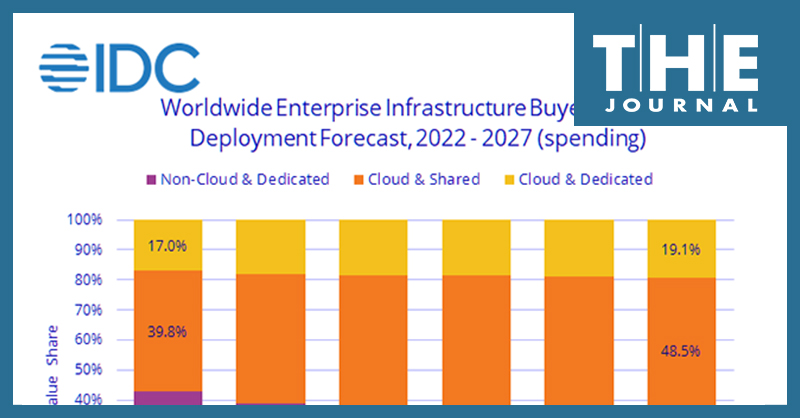
Worldwide IT spending is projected to increase 5.5% this year to a total of $4.6 trillion by the close of 2023, according to the latest forecast by market researchers at Gartner, while IDC analysts detailed a decline in spending on non-cloud infrastructure and devices but project significant growth in cloud infrastructure spending.
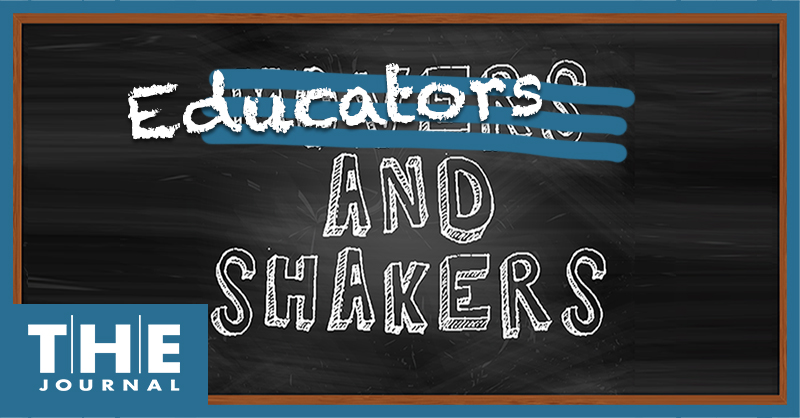
Several dozen educators were honored in recent weeks with awards from the National Science Teaching Association, the Council of Great City Schools, Curriculum Associates Inspire Award, Scholastic Teacher Fellow Cohort, and the National Alliance of Black School Educators.
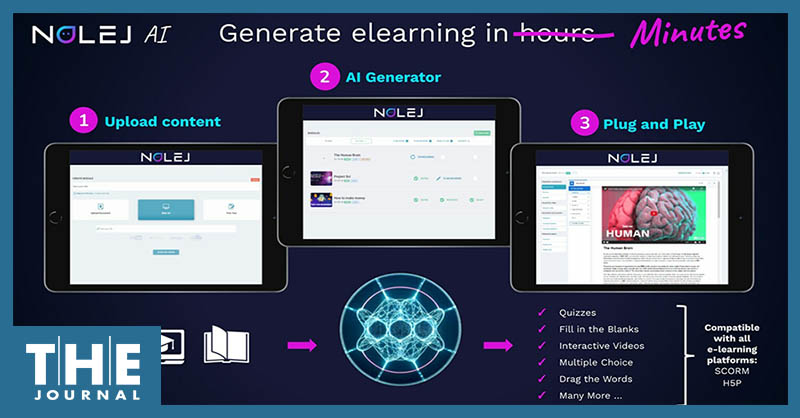
A French generative AI ed tech startup called Nolej (pronounced “knowledge”) has quietly launched a new OpenAI-based instructional content generator for educators, called Nolej AI, ahead of its official introduction at BETT in London on March 30 and a planned commercial debut at the ASU+GSV Summit on April 19, the company's chairman told THE Journal.